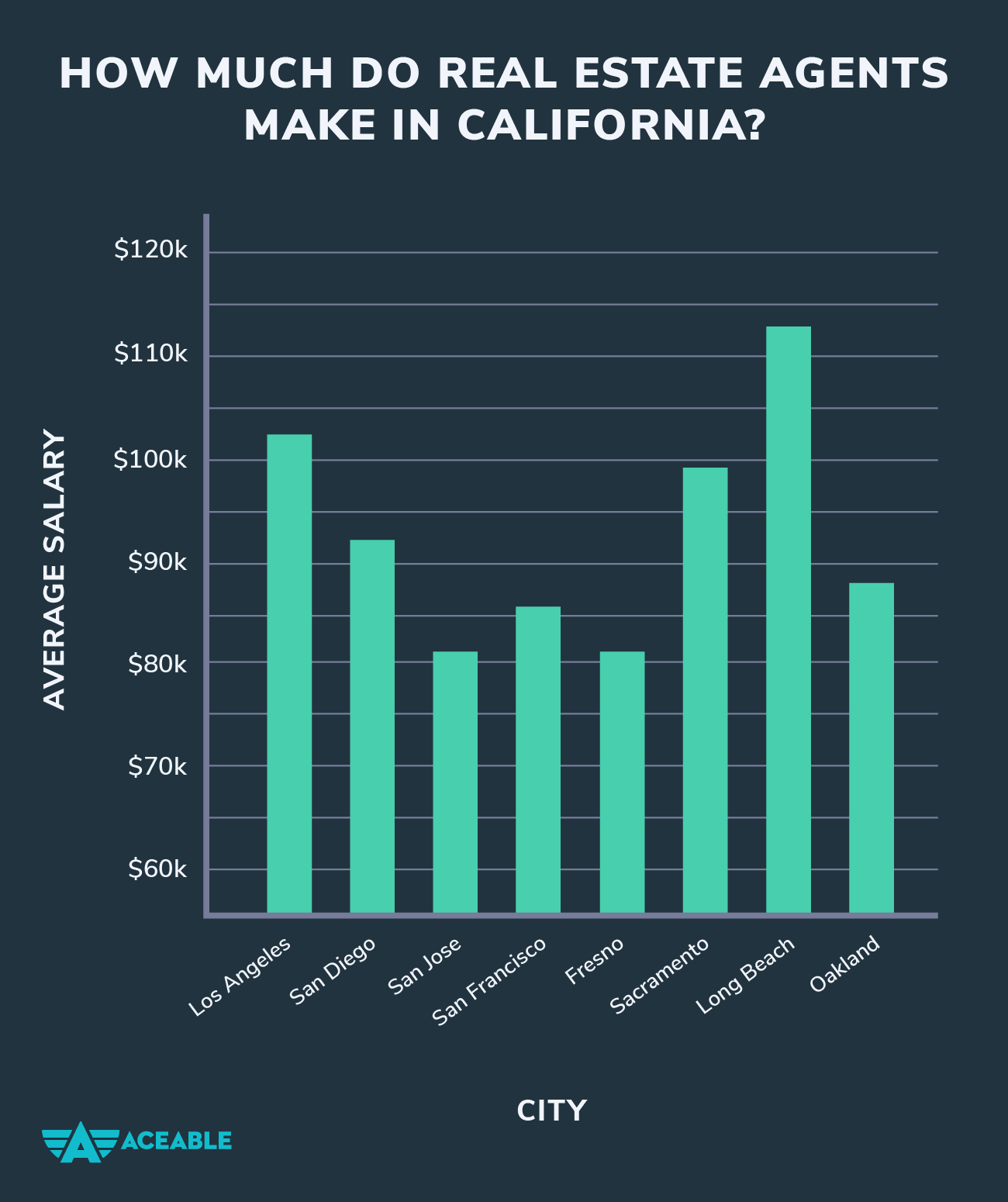
To become a South Carolina real estate agent, you will need to fulfill certain requirements. These requirements include Residency, Pre-licensing education, and the Examination. Continue reading to find out more about the requirements and process. Once you are familiar with these elements, you will be ready for your real-estate career.
Pre-licensing education requirements
South Carolina Real Estate Commission requires that a license be issued only after completing at least 90 hours of education. These courses may be taken online, at an accredited school or in person. The commission must approve of the course.

South Carolina accepts real estate licenses from any other jurisdiction. However, applicants must pass only the South Carolina part of the licensing exam. Additionally, applicants for broker licenses must have at least three years of experience.
Exam requirements
To obtain a South Carolina real estate license, you must pass the state licensing examination. SCREC administers this exam. You must pay a $25 application fee to sit for the test. Pay online with Visa, Mastercard and a check. Two sections make up the exam: one for national and one for state. The test is taken on a computer and the results can be accessed online immediately.
To become a South Carolina real estate agent, you will need to pass an exam and be sponsored in this way by a broker. Once you have passed the exam and been sponsored by a broker-in-charge, you can apply for your sales license within one (1) year. You can also obtain a license by transferring a license from another state.
South Carolina Real estate license requirements
A license is required to become a South Carolina real-estate agent. You can do this in one of two ways. One way is to earn your degree from a real estate school. Another option is to get an education from an accredited college or university. Regardless of your choice, a college education will help you prepare for the real estate examination.

A South Carolina real estate exam can be taken if you already have a license. The state requires that all applicants take a pre-licensing class and pass the exam. The state requires that applicants pass a background check.
FAQ
How long does it take to get a mortgage approved?
It depends on several factors such as credit score, income level, type of loan, etc. It generally takes about 30 days to get your mortgage approved.
How much money should I save before buying a house?
It all depends on how many years you plan to remain there. Save now if the goal is to stay for at most five years. If you plan to move in two years, you don't need to worry as much.
How do I know if my house is worth selling?
You may have an asking price too low because your home was not priced correctly. Your asking price should be well below the market value to ensure that there is enough interest in your property. To learn more about current market conditions, you can download our free Home Value Report.
What is the average time it takes to sell my house?
It all depends upon many factors. These include the condition of the home, whether there are any similar homes on the market, the general demand for homes in the area, and the conditions of the local housing markets. It takes anywhere from 7 days to 90 days or longer, depending on these factors.
Should I rent or buy a condominium?
Renting is a great option if you are only planning to live in your condo for a short time. Renting saves you money on maintenance fees and other monthly costs. On the other hand, buying a condo gives you ownership rights to the unit. The space can be used as you wish.
Is it better for me to rent or buy?
Renting is usually cheaper than buying a house. However, renting is usually cheaper than purchasing a home. A home purchase has many advantages. You will have greater control of your living arrangements.
Statistics
- 10 years ago, homeownership was nearly 70%. (fortunebuilders.com)
- When it came to buying a home in 2015, experts predicted that mortgage rates would surpass five percent, yet interest rates remained below four percent. (fortunebuilders.com)
- Over the past year, mortgage rates have hovered between 3.9 and 4.5 percent—a less significant increase. (fortunebuilders.com)
- The FHA sets its desirable debt-to-income ratio at 43%. (fortunebuilders.com)
- Based on your credit scores and other financial details, your lender offers you a 3.5% interest rate on loan. (investopedia.com)
External Links
How To
How to Manage a Property Rental
It can be a great way for you to make extra income, but there are many things to consider before you rent your house. We'll help you understand what to look for when renting out your home.
Here are the basics to help you start thinking about renting out a home.
-
What is the first thing I should do? Consider your finances before you decide whether to rent out your house. If you have debts, such as credit card bills or mortgage payments, you may not be able to afford to pay someone else to live in your home while you're away. Also, you should review your budget to see if there is enough money to pay your monthly expenses (rent and utilities, insurance, etc. ), it might not be worth it.
-
How much will it cost to rent my house? There are many factors that influence the price you might charge for renting out your home. These include things like location, size, features, condition, and even the season. Prices vary depending on where you live so it's important that you don't expect the same rates everywhere. Rightmove estimates that the market average for renting a 1-bedroom flat in London costs around PS1,400 per monthly. This would translate into a total of PS2,800 per calendar year if you rented your entire home. While this isn't bad, if only you wanted to rent out a small portion of your house, you could make much more.
-
Is it worth it. There are always risks when you do something new. However, it can bring in additional income. Be sure to fully understand what you are signing before you sign anything. You will need to pay maintenance costs, make repairs, and maintain the home. Renting your house is not just about spending more time with your family. These are important issues to consider before you sign up.
-
Are there any benefits? There are benefits to renting your home. Renting out your home can be used for many reasons. You could pay off your debts, save money for the future, take a vacation, or just enjoy a break from everyday life. It is more relaxing than working every hour of the day. Renting could be a full-time career if you plan properly.
-
How do I find tenants? Once you decide that you want to rent out your property, it is important to properly market it. Online listing sites such as Rightmove, Zoopla, and Zoopla are good options. After potential tenants have contacted you, arrange an interview. This will help to assess their suitability for your home and confirm that they are financially stable.
-
How can I make sure I'm covered? You should make sure your home is fully insured against theft, fire, and damage. You will need to insure the home through your landlord, or directly with an insurer. Your landlord will usually require you to add them as additional insured, which means they'll cover damages caused to your property when you're present. If you are not registered with UK insurers or if your landlord lives abroad, however, this does not apply. You will need to register with an International Insurer in this instance.
-
Even if your job is outside the home, you might feel you cannot afford to spend too much time looking for tenants. You must put your best foot forward when advertising property. You should create a professional-looking website and post ads online, including in local newspapers and magazines. Additionally, you'll need to fill out an application and provide references. Some prefer to do it all themselves. Others hire agents to help with the paperwork. Either way, you'll need to be prepared to answer questions during interviews.
-
What happens after I find my tenant?After you've found a suitable tenant, you'll need to agree on terms. You will need to notify your tenant about any changes you make, such as changing moving dates, if you have a lease. You can negotiate details such as the deposit and length of stay. It's important to remember that while you may get paid once the tenancy is complete, you still need to pay for things like utilities, so don't forget to factor this into your budget.
-
How do I collect my rent? When the time comes for you to collect the rent you need to make sure that your tenant has been paying their rent. You will need to remind your tenant of their obligations if they don't pay. Before you send them a final invoice, you can deduct any outstanding rent payments. You can always call the police to help you locate your tenant if you have difficulty getting in touch with them. They will not usually evict someone unless they have a breached the contract. But, they can issue a warrant if necessary.
-
What can I do to avoid problems? While renting out your home can be lucrative, it's important to keep yourself safe. Make sure you have carbon monoxide detectors installed and security cameras installed. It is important to check that your neighbors allow you leave your property unlocked at nights and that you have sufficient insurance. Do not let strangers in your home, even though they may be moving in next to you.